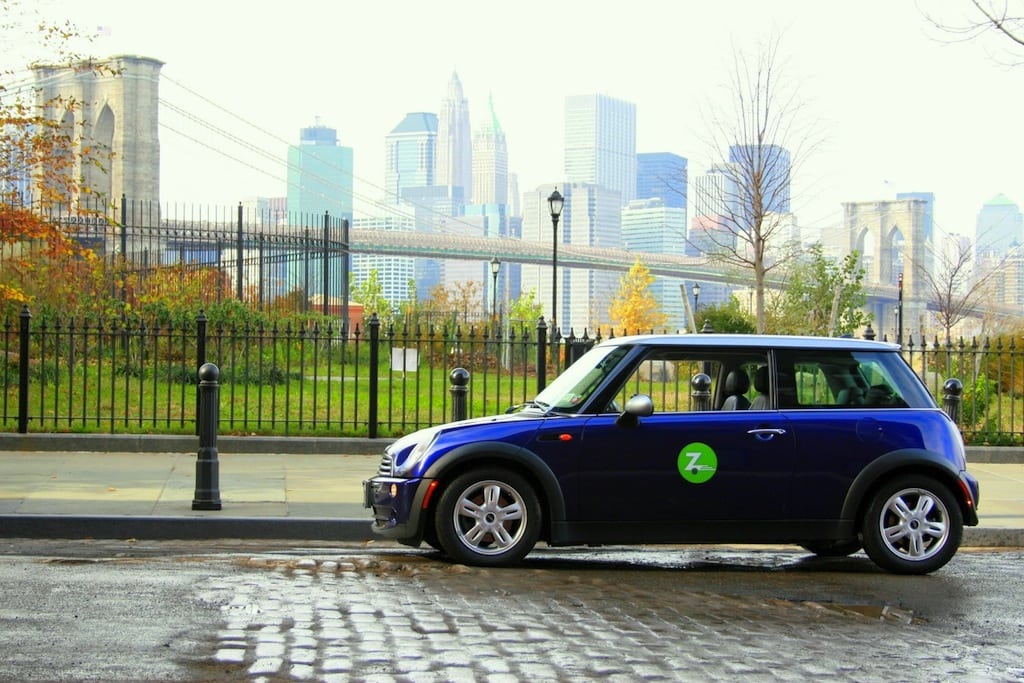Avis Budget Is Betting Zipcar and Ride-Hailing Apps Will Put a Dent in Car Ownership

Skift Take
Avis Budget Group CFO David Wyshner acknowledges that its Zipcar car-sharing unit and Uber compete “for a small portion of each others’ trips,” and he cited a ride from a city center to a Costco as a relevant example.
But Wyshner, speaking at the Deutsche Bank 23rd Annual Leveraged Finance Conference in Scottsdale, Arizona September 29, sees an opportunity in the combination of ride-hailing apps such as Uber and Zipcar in making it practical for urban dwellers to go without owning a car.
That is consistent with the views of Uber CEO Travis Kalanick, who has argued that Uber and its competitors might make the prospect of car ownership obsolete.
Wyshner likewise contends that Zipcar, which Avis Budget acquired for $500 million in 2013, can help make car payments and insurance for consumers a relic.
“In Zipcar we have the lower-cost alternative and an ability to provide it profitably,” Wyshner said. “What we are really focused on is the fact of the combination of ride-hailing companies and Zipcar in providing mobility solutions to city dwellers can allow them to live happily without owning a car…”
In time, this would provide a larger base of customers for the ride-hailing apps and Zipcar, Wyshner said. “And that is the opportunity for us.”
Wyshner added that Zipcar’s rollout of one-way rides, which is under way, would make the urban and university-oriented service more compelling.
These remarks came after Wyshner also arguably downplayed the competitive impact of ride-hailing apps on Avis Budget’s core car-rental business in the U.S., which generates more than 20 million rentals annually.
Avis Budget has studied the ride-hailing app market in New York, Boston and San Francisco — cities where it is fairly strong — “and we are just not seeing a significant impact,“ Wyshner said.
Short, midweek rentals, where someone might use a ride-hailing app instead of renting a car, are “really a small portion of our rental base and actually are not very profitable for us,” he said.
If Avis Budget has studied the impact of ride-hailing apps on its business by considering mostly New York, Boston and San Francisco, then perhaps Avis Budget is underestimating the potential impact in leisure destinations such as Orlando, Los Angeles, Phoenix, or Aspen, where vacationers might be tempted to skip the car rental and just hail an Uber.
Meanwhile, if Wyshner indeed believes that the “combination” of ride-hailing apps and Uber in urban centers could challenge the practicality of car ownership, then perhaps Avis Budget might consider acquiring a ride-hailing app as a complement to Zipcar.





